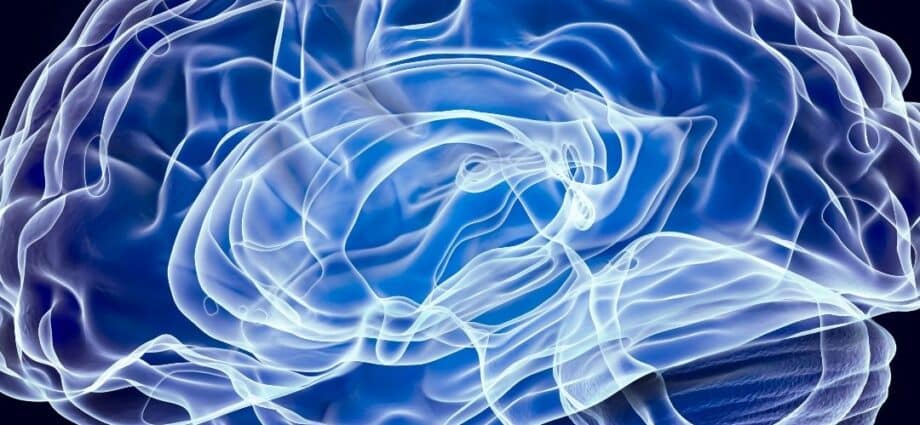Neuroplasticity is the brain’s ability to change and adapt in response to new experiences and environments. This phenomenon is a crucial factor in our ability to learn, grow, and maintain cognitive function as we age. But did you know that your lifestyle choices can significantly impact your brain’s neuroplasticity? It’s true! However, it’s helpful to understand both how, and why.
In this post, we will explore the philosophy behind lifestyle choices that increase neuroplasticity and why it’s important for your long-term quality of life. Before we get started, keep this thought in mind: If you don’t use it, you lose it. Sometimes we forget that this applies to pretty much everything in the mind-body system.
-
Exercise Regularly
- First, we have to accept that the body needs routine movement. Physical exercise has been shown to increase neuroplasticity by promoting the growth of new brain cells and improving blood flow to the brain. In fact, studies have found that regular exercise can help prevent cognitive decline and reduce the risk of dementia. The body is a total system. Thus, for optimal health, we need to focus on all systems that build that whole.
-
Challenge Your Brain
- Next up, we engage in mentally stimulating activities like learning a new language, playing a musical instrument, or doing crossword puzzles. These activities promote neuroplasticity by challenging your brain to form new neural connections and pathways. Try 12 minutes of Kirtan Kriya everyday.
-
Get Enough Sleep
- Third, we tap into our sleep hygiene. Sleep is essential for brain health, and studies have found that sleep deprivation can have negative effects on neuroplasticity. Aim for 7-9 hours of sleep per night to support healthy brain function.
-
Eat a healthy diet
- Alas, we realize the role that diet plays in our lives. It’s the fuel that dictates overall performance. The food we eat plays a critical role in our brain health. A diet rich in whole foods like fruits, vegetables, and healthy fats can help support neuroplasticity by providing the brain with essential nutrients. Despite all other efforts, diet is a foundational support to our lives.
-
Manage stress
- Last but certainly not least, we have to learn how to effectively manage our stress. Chronic stress can have negative effects on the brain, including reduced neuroplasticity. Practice stress management techniques like mindfulness meditation, deep breathing, or yoga to promote a more relaxed state of mind. As long as you maintain your self-routine, a stressed out mess can become a thing of the past.
Remember, by incorporating these lifestyle choices into your daily routine, you can support your brain’s neuroplasticity and maintain cognitive function as you age. It’s never too early or too late to start making these changes for your long-term quality of life. For now check out: Brain Longevity Protocol.
References:
- “The role of physical exercise in cognitive function,” by Phillip D. Tomporowski, et al., International Journal of Sport and Exercise Psychology
- “Cognitive and neural plasticity in older adults,” by Denise C. Park, et al., Current Directions in Psychological Science
- “Sleep and Memory,” by Robert Stickgold and Matthew P. Walker, Neuropsychopharmacology Reviews
- “The Gut-Brain Axis: The Missing Link in Depression,” by Kelly Brogan, MD, Psychology Today
- “Stress effects on the brain: From adaptation to disease,” by Bruce McEwen, Nature Reviews Neuroscience


